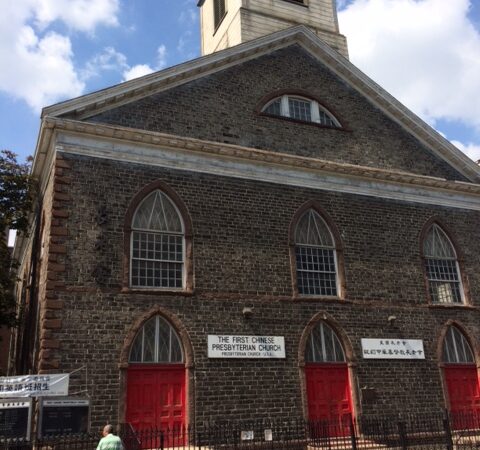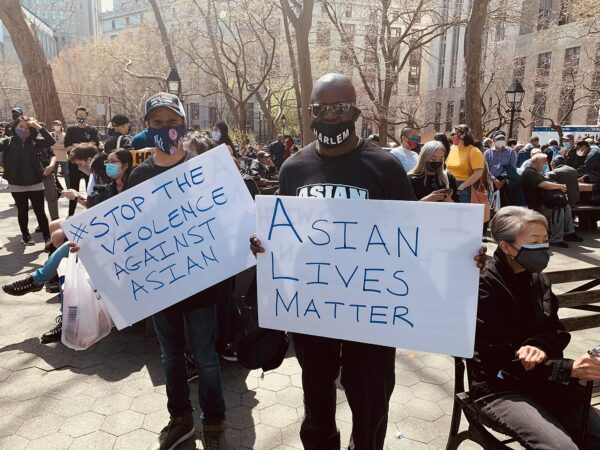Henry Kuo
Henry S. Kuo is assistant professor of theology and ethics at Greensboro College in Greensboro, North Carolina. He holds a Ph.D. in systematic and philosophical theology from the Graduate Theological Union in Berkeley, California; an M.Div. with a focus on Christian ethics from Princeton Theological Seminary; and an M.A. in economics from the University of Illinois at Chicago. His research focuses on questions in ecclesiology, applied ethics (particularly business and legal ethics) and has published articles on the matter in Reformed World, Religions, the Journal of Religion and Business Ethics, and Interreligious Studies and Intercultural Theology.




